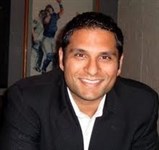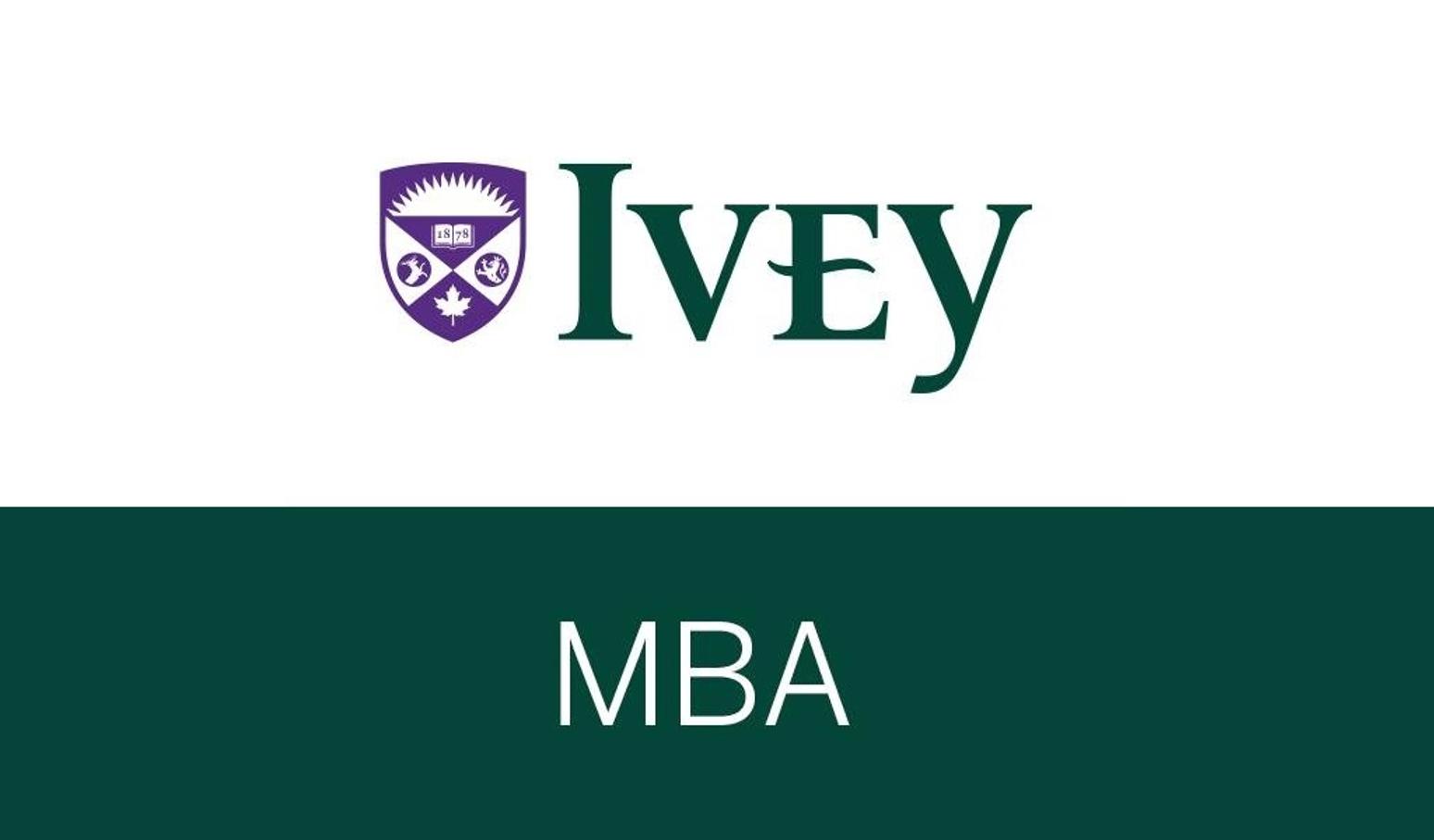Education occurs in myriad ways – from lecture based, to case based, to rote, to experiential. Moreover, individuals assimilate knowledge in different ways, whether it be visually, auditory, or kinesthetically. These methods of teaching all work in one way or another, however, this occurs at varied rates of success. For example, it has been statistically proven over and over again that the most pragmatic form of learning for the majority of the population is experiential, hands-on learning. The major issue with this methodology is the size of investment, meaning primarily time and capital. While the upside is certainly present, these investments bear risks. As business people, we are naturally inclined to always search for ways to de-risk our investments. One of the most logical ways to do so is to take the Microsoft approach, which is to let others make those investments upfront, earn the battle scars, and then not only seize their mistakes as lessons used to increase our probability of success, but more importantly use their mistakes as lessons for avoiding failure. Avoiding failure, in my view, is actually a more important skill-set because failure robs you of the resources that are most precious in our lives – namely time, capital, and optimism. While I do understand the attractiveness of being the grizzled veteran who slugged it out in their respective industry and walked away with tremendous knowledge, skills, and abilities, I must say that there are other methods for learning that have inherently better risk-return profiles.
Personally, I can think of no better example than the way that the majority of both undergrad and MBA students approach our careers. Asides from the select few students who choose the “ready-fire-aim” method of pursuing career interests, I would say that the majority of us choose to go into a specific field (for various reasons) and decide that we should work hard and put in the extra hours in order to gain recognition and thereby move up the food-chain. Having gained a little bit of knowledge and experience over the years and watched many friends and colleagues take this route (myself included), I have to say that we generally have the wrong idea about how to advance our careers.
Through trial and error, I have learned that one of the best ways to learn is to find a person who has “been there and done that” – in essence, a mentor. Mentors are fantastic because they speed up the learning process by giving us access to years of wisdom and experience instantaneously, effectively de-risking our future investments, whether that be time, capital, or similar limited resources. Furthermore, mentor / mentee relationships are not just one way, because mentees have the ability to add value to the relationship as well. This dichotomy makes the relationship more of a collaborative one, and gives more meaning to the relationship. It also allows the relationship to transcend the transactional nature of advice-seeking and creates a sustainable partnership that can last over the long-term.
While I have never had a formal mentor/mentee relationship before, my former boss who is an Ivey alumnus, has helped me out tremendously since I started working with him. In addition, I have made great use of the Ivey Partnership Program and alumni network. With the Partnership Program, we are given the opportunity to select three alumni that have agreed to act as mentors for current students. This system is incredibly effective because most graduates realize that they both have to and want to “pay it back”, which further strengthens the network itself.
To give you an idea of how valuable such a relationship can be, I want to highlight what my experience has been like so far with mentoring. As a bit of background, my goal after graduation is to work in event-driven equities, whether that is as an analyst at a hedge fund on the buy-side or on a sales & trading desk on the sell-side. Given the specificity of my job search, bottom-up research and networking is the name of the game. For me, issues arise because my network is limited in size and scope, which is precisely where mentoring comes into play to fill the gaps. So here is a quick run-down of how mentoring has panned out for me:
Former Boss – First of all, my former boss guided me to apply to Ivey in the first place, and also wrote a letter of recommendation. Note that this is the exact opposite of how most bosses think, and I think it is a testament to the mentality that Ivey graduates possess. Secondly, he and I have had numerous conversations about my future career path and where I should be going and what I should be doing, which is amazing because he and I have very similar career and educational backgrounds along with similar career goals. In fact, he is in the process of putting me in touch with two of his close contacts at two very prestigious and successful hedge funds that are investing using strategies that I wish to employ.
Mentor 1 – This alumnus works at a hedge fund that my old firm used to do business with. His fund employs primarily event-driven investment strategies, which is why I engaged him as a potential mentor. His perspective was incredibly beneficial because it was so different from what my assumptions were. He basically told me that I should look into bank sales & trading rotational programs as a way to 1) obtain a more robust network (as the capital markets business is a relationship business) and 2) obtain a deeper understanding of credit and derivative markets, which will complement my deep understanding of equities and will make me more valuable and effective in the future. This was a unique perspective, and is one that I have certainly taken under advisement.
Mentor 2 – This alumnus worked for several hedge funds based out of NYC, and he was gracious enough to sit down with me over a beer in Toronto for about an hour. We talked about the markets and what career goals are, and he has given me a list of the more prominent recruiters in NYC that specialize in hedge funds, which only gives me more options for obtaining a position. In addition, he gave me the contact information for the HR person at, what is in my view, the best hedge fund in the world. His recommendation was to keep doing what I am doing, because that is how he got to where he is. The validation on my networking strategy was beneficial because I now have a stronger belief that it will pay off.
Mentor 3 – This alumnus is an I-Banker based out of NYC, and he gave me some great advice for getting into NYC right out of MBA School, which is an issue I am facing given that most hedge funds are in NYC or Connecticut.
As you can see, my mentors have given me very unique perspectives, all of which have been beneficial in one way or another. In addition, they gave me access to numerous resources that I simply would not have access to otherwise. Who knows how my career will pan out post graduation, and it is yet to be determined whether or not any of these contacts will be of any value. However, the very fact that I am getting these opportunities is indicative of the value of networking and mentoring. I believe I am now light-years ahead of my competition because of these mentor / mentee relationships, and I think I have a much higher probability of achieving career success because of them. With that said, I encourage you to seek out mentors as a way of achieving both career and life success.
 Kyle graduated from Wilfrid Laurier University with an Honours Bachelor Business of Administration degree, majoring in finance. Prior to pursuing his MBA at Ivey, Kyle achieved his CFA designation, worked for five years on Bay Street in quantitative equity research, and most recently worked as an Analyst on the Institutional Equity Sales & Trading desk at a boutique investment dealer. At Ivey, Kyle is a member of both the Investment and Finance clubs, and is a contributing member to the latter’s bi-weekly newsletter. In his spare time, Kyle enjoys reading the WSJ, analyzing stocks, playing on the Ivey recreational softball team, and enjoying nights out on the town with fellow classmates in glamorous London, Ontario
Kyle graduated from Wilfrid Laurier University with an Honours Bachelor Business of Administration degree, majoring in finance. Prior to pursuing his MBA at Ivey, Kyle achieved his CFA designation, worked for five years on Bay Street in quantitative equity research, and most recently worked as an Analyst on the Institutional Equity Sales & Trading desk at a boutique investment dealer. At Ivey, Kyle is a member of both the Investment and Finance clubs, and is a contributing member to the latter’s bi-weekly newsletter. In his spare time, Kyle enjoys reading the WSJ, analyzing stocks, playing on the Ivey recreational softball team, and enjoying nights out on the town with fellow classmates in glamorous London, Ontario
